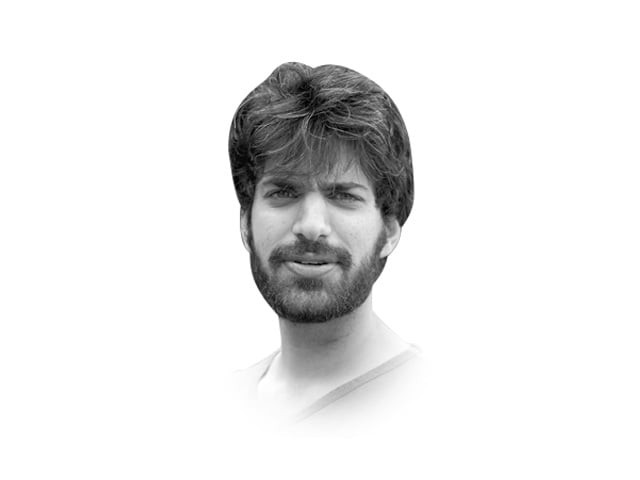A need to find common ground
Pain felt by families of victims of drone attacks, extrajudicial killings no less than that felt by Taseer’s family.

A need to find common ground
This lack of empathy is exemplified by Pakistan’s leadership. They repeatedly ignore societal needs such as education, economic development and tackling extremism, in favour of their own personal gains. The leadership’s selfish nature is highlighted by the fact that two-thirds of Lahore’s elite police are used for their security. This behaviour has led to the creation of a society where extreme opulence is seen next to abject poverty, where religious extremists kill innocents, where civilian casualties are an accepted phenomenon, and where a murderer is given a hero’s welcome.
While one must admire Salmaan Taseer for confronting the blasphemy law and daring to take such a dangerous stance, he was ill-suited to single-handedly championing an amendment to the law. He was the anti-thesis of the average Pakistani; affluent, well educated, and liberal. In addition, he was considered an elite, the precise cause of the nation’s problems in the eyes of the public. His challenge to the blasphemy law provided the public with a medium to express its frustrations, regarding the social inequity in Pakistan, and gave right-wing leaders the opportunity to manipulate the public’s emotions, further exacerbating the polarisation of the country. Salmaan Taseer’s murder highlights how the radicalised climate does not even allow for challenging a man-made law and how one needs to be cognisant of the reality in Pakistan, even though one may wish for an alternate one.
The current environment is not conducive to civil dialogue on controversial issues like the blasphemy law. While no one suggests that liberals cower to extremist threats and abandon dialogue on the blasphemy law, it would be advisable to develop a strategic approach. Along with tackling controversial issues like the blasphemy law, it would be beneficial to work on issues that could create common ground between the liberal left and the conservative right. The left and the right could work to condemn and prevent extra judicialkillings, whether they are done through drone attacks or by religious extremists like Qadri. One would hope that confronting issues that both sides have in common, will create an environment where meaningful dialogue can occur on issues like the blasphemy law.
Pakistan’s precarious state demands unity. National commonalities, rather than differences, should take precedence. While this may be seen as letting the extremists lead the national debate, the hope is that working together will foster an environment more conducive to dialogue. Salmaan Taseer’s murder was an atrocity and his murderer deserves the fullest punishment permissible by law. However, we must recognise that our actions in the past have not been different from that of the people showering Qadri with rose petals. The pain felt by the families of victims of drone attacks and extrajudicial killings is no less than that felt by Salmaan Taseer’s family. If we don’t mourn for the loss of others, how can we expect others to mourn for us?
Published in The Express Tribune, February 1st, 2011.















COMMENTS
Comments are moderated and generally will be posted if they are on-topic and not abusive.
For more information, please see our Comments FAQ